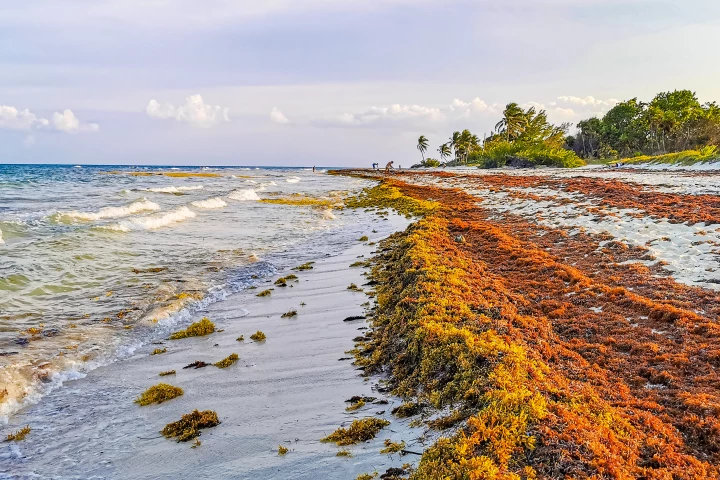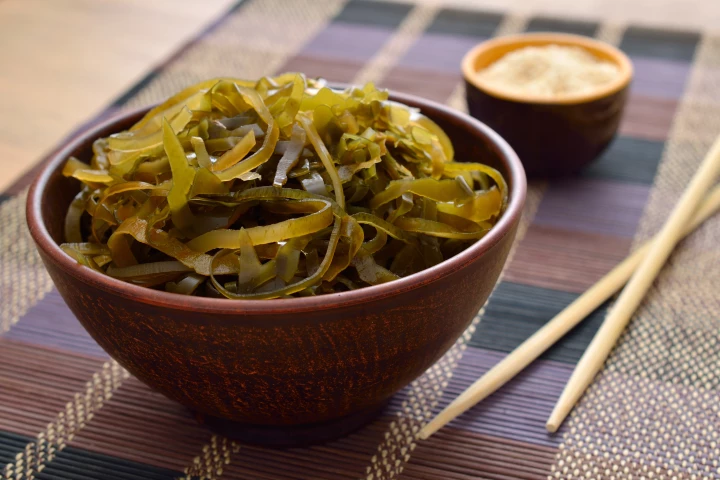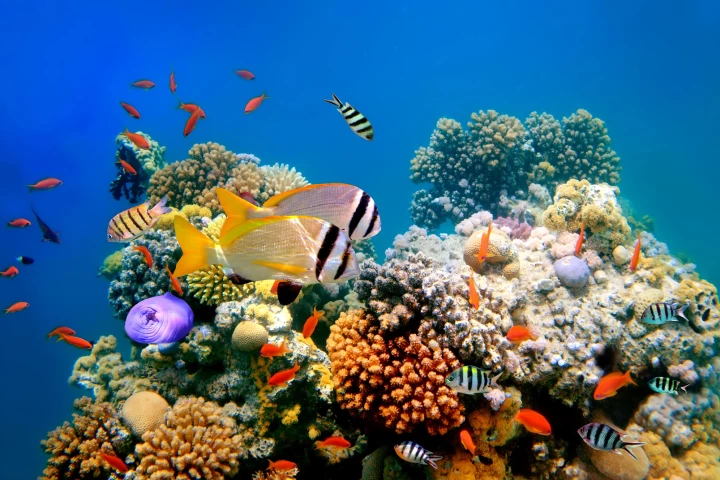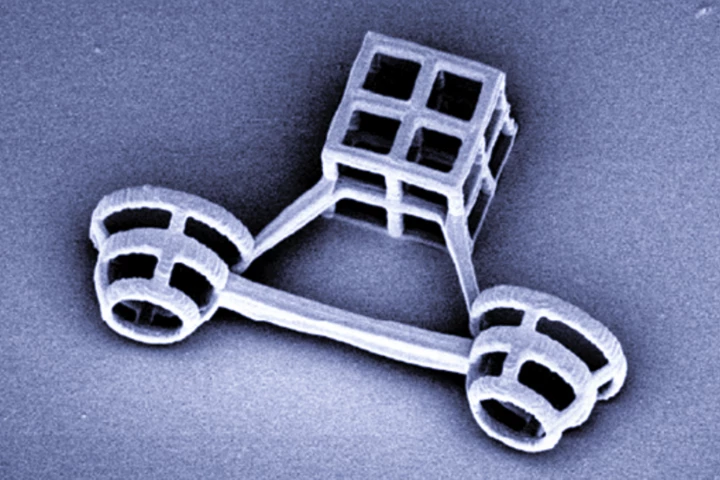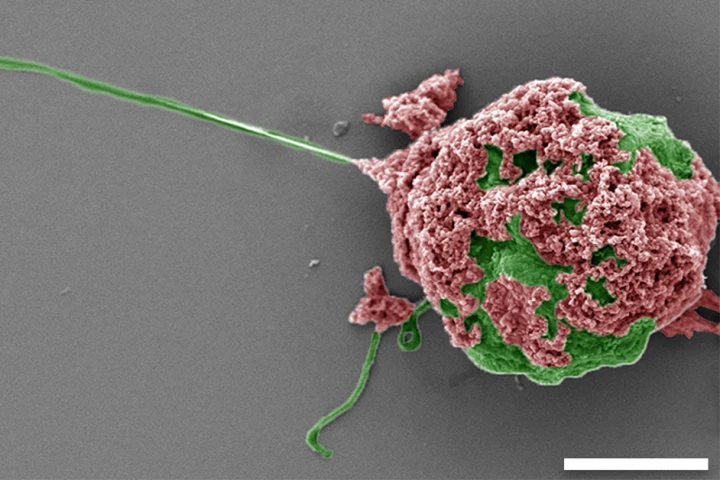Algae
-
Omega-3 fatty acids sourced from wild-caught fish stocks are valued for their studied health benefits, but this has resulted in a reduction in fish stocks. A Scottish firm is working on a solution, in the form of omega-3s made from whisky waste.
-
Nobody likes potholes, nor do they like the environmental damage associated with the petroleum utilized in traditional asphalt bitumen. That's why scientists are now looking at replacing the latter with a binder derived from algae.
-
Nitrogen fixation is a process where certain microbes convert nitrogen gas into ammonium, a form phytoplankton can use. This wasn't thought to happen in the Arctic, but new evidence suggests it might, offering a fresh supply of nitrogen to fuel life.
-
Once a harmless drifter in the Sargasso Sea, an algae known as sargassum is now flooding beaches, from Brazil to the Caribbean, with stinky piles. But some clever researchers have mixed it into concrete creating a new, ultra-light building material.
-
Researchers have successfully tweaked a specialized compound from brown seaweed to unlock its powerful anti-obesity potential. Instead of appetite suppression and fat burning, this molecule reshapes the gut microbiome to fight weight gain naturally.
-
If you're hoping that reef-restoring coral larvae will settle down in damaged reefs, you can't just sit around and wait for it to happen. You have to get out there and entice the larvae, which is exactly what a new algae-based gel is designed to do.
-
Scientists have discovered the largest known protein in biology. Given the fun name of PKZILLA-1, the protein was found in algae cells and helps them make toxins that are responsible for mass killings of fish.
-
From dog sleds to horse-drawn carts, animals have been pulling vehicles for thousands of years. Now, scientists in Tokyo have made what might be the smallest version ever, designing microscopic vehicles that can be pulled by single-celled algae.
-
If you suffer from inflammatory bowel disease (IBD), a pill full of tiny algae robots may be just what you need. The bio-hybrid microrobots have already been shown to reduce symptoms and promote healing in IBD-afflicted lab mice.
-
When it comes to protein sources that are more eco-friendly than traditional livestock, two of the most promising candidates are insects and microalgae. Scientists have now devised a method of using waste from the former as food for the latter.
-
We now know just how the earliest land plants, ancient algae, conquered terrestrial Earth hundreds of millions of years ago and laid the (literal) groundwork for all subsequent life. It highlights the fascinating genetic strategies of plant evolution.
-
Scientists have discovered that a once-in-a-billion-years evolutionary event is underway, as two lifeforms have merged into one organism that boasts abilities its peers would envy. Last time this happened, Earth got plants.
Load More



